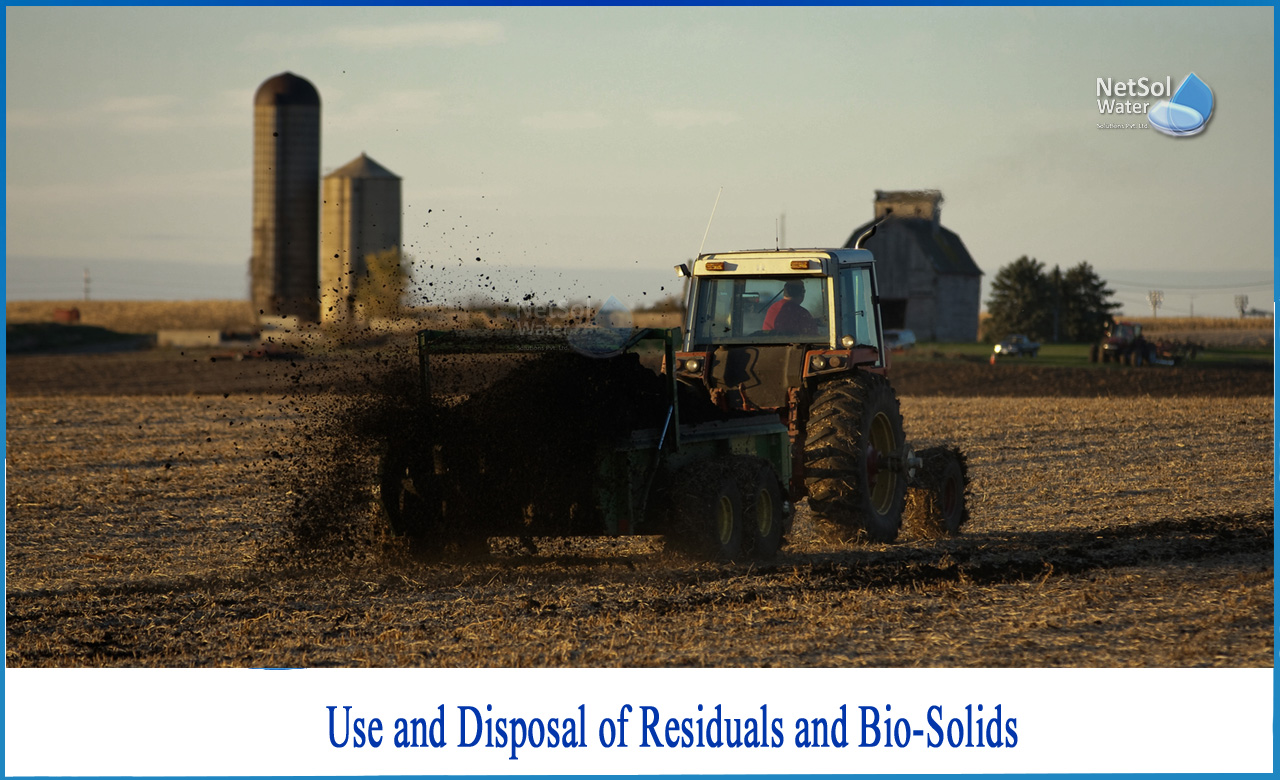What is the difference between sludge, residue and biosolid?
Sludge is a solid contained in sanitary sewage from sewage treatment facilities or septic tanks on the premises.
Biosolids are sewage sludge that have been treated for safe land application as fertilizers and soil conditioners (these are known as useful reuse).
Residue is a general term for both sludge and biosolid.
How are Bio solids made?
First, use a centrifuge, suction cup, dry bed, or press to remove water from the sludge (“dehydration”). The material is then stabilized by one or more treatment methods to reduce pathogens and odours and to make the biosolid safe for useful applications such as fertilizers and soil conditioners.
How can I find out that the Biosolid is safe to use?
The on sludge and septage land use ensures that biosolids can be used safely.
A sewage treatment plant that treats sewage sludge for beneficial use as a biosolid must meet the following conditions:
The plan should explain the preparation, storage, and delivery of the sample to the accredited lab. Sampling and analysis plan approvals do not expire.
Fitness Permit
Classification of biosolids for a variety of uses based on chemical quality and treatment level to reduce pathogens in sludge. Aptitude tests are checked every two years.
Land application certification
A management standard for the application and incorporation of biosolids into specific assets. The land application certificate needs to be renewed every year. In addition, biosolids must meet strict quality standards for their intended use.
Type I Biosolid meets very high-quality standards and can be used as a commercial fertilizer or soil conditioner.
Type II biosolids have lower usage standards than Type I. Their use is restricted to certain properties.
Type III biosolids are also treated to reduce pathogens, but usually contain more chemicals and metals than Type II biosolids. The use of Type III biosolids is restricted and the application must be included in the certificate of applicable properties.
Biosolids are used in three ways:
1. Biosolid as fertilizer in agriculture and forestry
As an alternative to chemical fertilizers to improve soil fertility and water retention. Biosolid is applied directly to the floor. Example:
Useful plants (e.g., edible crops for humans and animals)
Natural forests (e.g.) Trees and undergrowth vegetation
Intensive forest plantations (e.g., Christmas trees and biomass plantations)
2. As soil improvement when reclaiming devastated land
The main challenge in re-cultivating devastated areas is soil shortages or extremely barren soils. The biosolids used in these activities are used to initiate and accelerate soil development. Biosolids are often mixed with other materials such as wood waste and sand, or with piles of soil that were removed from the field prior to disturbance. Example:
Mineral, Aggregate, Coal Mine Recovery
Pipeline, Water Pipe, Road Corridor Rehabilitation
Landfill Closure
Slope Collapse / Landslide Rehabilitation
Forest Fire Rehabilitation
3. As Retail / Wholesale Products
Biosolids can be sold directly as a product or used as an ingredient in soil or soil products.
Example: Biosolid-based fertilizer (Example: Products available in gardening centre bags)
Biosolid Compost
Biosolid Growth Medium (Example: Gardening)
Netsol Water is Greater Noida-based leading water & wastewater treatment plant manufacturer. We are industry's most demanding company based on client review and work quality. We are known as best commercial RO plant manufacturers, industrial RO plant manufacturer, sewage treatment plant manufacturer, Water Softener Plant Manufacturers and effluent treatment plant manufacturers. Apart from this 24x7 customer support is our USP. Call on +91-9650608473, or write us at enquiry@netsolwater.com for any support, inquiry or product-purchase related query.



